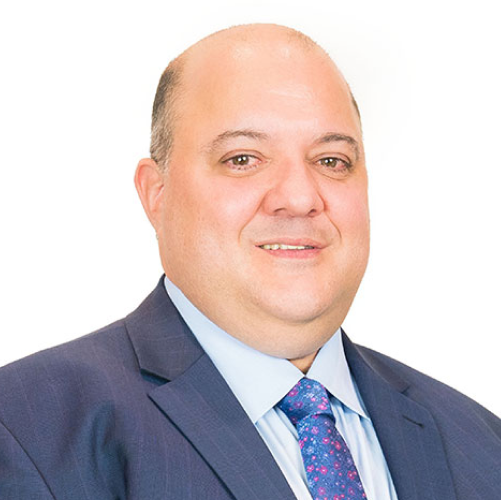A Self Managed Super Fund (SMSF) is an excellent option for those looking to have more control and transparency over how their retirement fund is managed and invested. However, these benefits do come with some disadvantages. Managing your own super fund means you need to be aware and compliant of all the Australian Taxation Office (ATO) super fund requirements and rules
When purchasing any assets, such as an investment property, with the funds from a SMSF, you need to be cautious about following the ATO’s regulations.
What are the Rules When Purchasing an Investment Property with a SMSF?
Whilst you cannot purchase a home to live in with your SMSF, you can purchase an investment property. Purchasing an investment property or any asset with your SMSF needs to yield a financial return for the fund.
The purchase of an investment property will need to pass the Sole Purpose Test. To pass this test, you or anyone else (directly or indirectly) must not obtain financial benefit when making investment decisions and arrangements. The only benefit can be increasing the return to your fund.
For example, you cannot purchase an investment property for a fund member or other any related parties (including friends, family and spouses) to live in. Instead, the investment property needs to be rented to unrelated parties for a market rate of return.
It is important to note that you cannot purchase an investment property as an SMSF from your members or related parties, even when purchasing at market value. This means that you cannot use your SMSF to purchase your aunt’s home as an investment property, even if you do pay market value for it, as she is considered a ‘related party’.
The only exception to this rule is a ‘business real property’. The ATO defines a ‘business real property’ as land and buildings used wholly and exclusively in a business. This can be tricky when a property is used for both commercial and residential purposes, such as a farm. In this case, the domestic dwelling cannot exceed more than two hectares of the land and the main property cannot be used for solely private uses. Due to this complexity surrounding business properties, it is best to seek professional advice from an experienced SMSF accountant before purchasing a commercial property.
Taxation Rules on SMSF Investment Properties
Just like personal income, SMSFs are taxed on their income. This is fortunately at a much lower rate of 15%, however if your SMSF is considered ‘not compliant’ (breaking the rules above) then this rate is raised to 45%.
After a property has been owned for at least 12 months, complying SMSFs are entitled to a capital gains tax (CGT) discount of one-third. This is highly beneficial if your SMSF chooses to sell or purchase an investment property. Additionally, if your SMSF is making over $75,000 in income (such as in rent or the selling of an asset), you must register for GST as a fund.
Living in the Property After Retirement
Once you retire, you can choose to wind-up your SMSF by selling the assets and distributing the members’ benefits. You also have the option to do an ‘in-specie’ transfer, which means that the SMSF will transfer ownership of the investment property to you. This route enables you to live in the property, potentially avoiding some of the costs involved in selling or purchasing a property but you should consult with a SMSF accountant for complete details.
To be able to live in the property, you will also need to be legally able to access your super. This is determined by reaching your preservation age. This property transfer can affect how you may receive any Centrelink benefits (including pension) so ensure to check before making any decision.
Seek Advice From The Professionals
As purchasing an investment property with your SMSF can be a highly complex process, it is recommended that you seek the advice of a professional tax agent experienced in SMSFs. Failing to adhere to all relevant legislation surrounding SMSF asset purchases can lead to heavy penalties so it is important to clearly understand the compliance required.
Fortunately, Stones Sharp has expertise in helping Self Managed Super Funds successfully purchase investment properties whilst maintaining compliance with the ATO. Learn more about our Self Managed Super Fund taxation services

FCPA & CA
Shane is a Fellow of the Australian Society of Certified Practicing Accountants and a Chartered Accountant.
Shane’s passion is to consider the clients, the client’s business and taxation affairs with a holistic approach whilst providing business mentoring, business strategies, systems development, taxation advice and taxation planning in order to assist his clients and their business achieve their goals.













